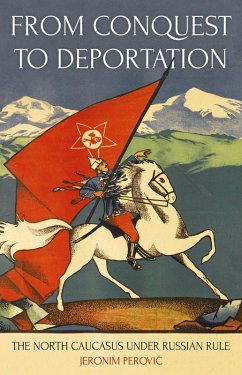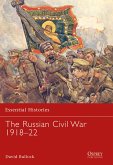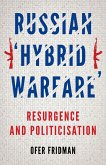This book is about a region on the fringes of empire, which neither Tsarist Russia, nor the Soviet Union, nor in fact the Russian Federation, ever really managed to control. Starting with the nineteenth century, it analyses the state's various strategies to establish its rule over populations highly resilient to change imposed from outside, who frequently resorted to arms to resist interference in their religious practices and beliefs, traditional customs, and ways of life. Jeronim Perovic offers a major contribution to our knowledge of the early Soviet era, a crucial yet overlooked period in this region's troubled history. During the 1920s and 1930s, the various peoples of this predominantly Muslim region came into contact for the first time with a modernising state, demanding not only unconditional loyalty but active participation in the project of 'socialist transformation'. Drawing on unpublished documents from Russian archives, Perovi? investigates the changes wrought by Russian policy and explains why, from Moscow's perspective, these modernization attempts failed, ultimately prompting the Stalinist leadership to forcefully exile the Chechens and other North Caucasians to Central Asia in 1943-4.
Dieser Download kann aus rechtlichen Gründen nur mit Rechnungsadresse in A, B, BG, CY, CZ, D, DK, EW, E, FIN, F, GR, HR, H, IRL, I, LT, L, LR, M, NL, PL, P, R, S, SLO, SK ausgeliefert werden.









